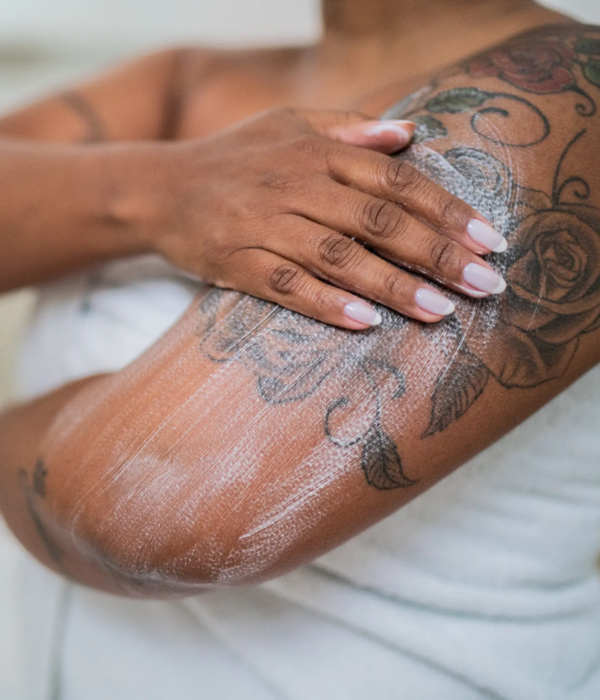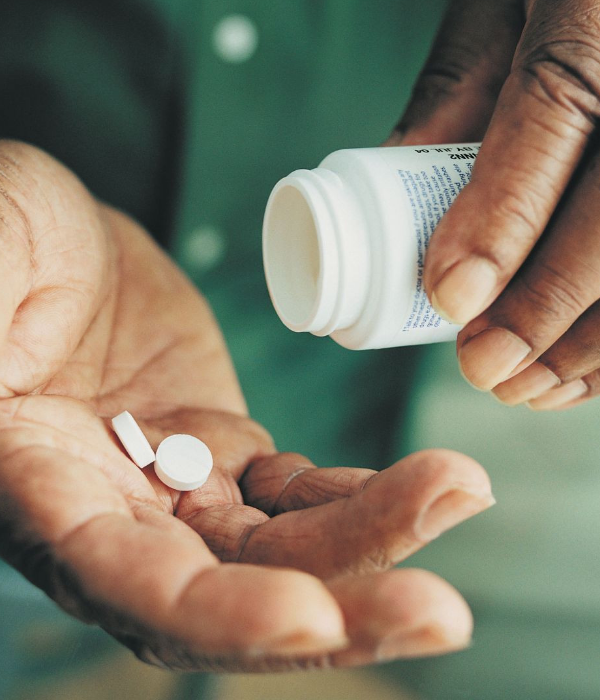Using painkillers before getting a tattoo is an unavoidable part of getting a tattoo. It is something that cannot be ignored, regardless of where you are getting the tattoo. Of course, there are some areas that are relatively pain-free, such as the thighs and calves. However, there is no part of the body that does not feel pain when getting a tattoo.
And pain is the main reason why most people give up on getting a tattoo or make the mistake of simply taking painkillers.
So, if you are planning on taking painkillers while getting a tattoo, read this post.
This article explains whether you can take ibuprofen or painkillers.
So, let’s get started…
You probably know that getting a tattoo means you’re going to bleed, and taking pain medications can make you bleed more than usual. This is especially true with ibuprofen and other medications. Painkillers.

Tattoos bleed because they are made with very sharp needles that penetrate deep into the skin, piercing it with a piercing motion, and there are many tiny blood vessels just below the surface of the skin.
This isn’t usually a big deal, as our bodies are able to control the bleeding by helping cuts and wounds heal faster.
However, using painkillers or ibuprofen can make your blood much thinner than normal. This makes your blood’s natural clotting process less effective at controlling blood flow. This increases the risk of blood leaking through the tiny hole made by the needle. This significant blood loss can lead to a number of health problems.
Not only that, but certain painkillers can inhibit your body’s natural clotting mechanism, thinning your blood and making it harder to stop bleeding. If you lose a lot of blood, it can be fatal.
Will taking painkillers complicate the entire tattoo procedure?
There is no doubt that taking painkillers can lead to health complications. Apart from that, there are some other complications that can arise while taking them. Some of them are mentioned below:
Limiting the tattoo artist’s field of vision
Of course tattooing is an art, but even the best artist can’t do it if they have a narrow perspective.
It’s essential for the artist to be able to clearly see the outline of the stencil they’re tracing so that they can place the tattoo exactly where you want it.
However, taking painkillers such as ibuprofen can hinder the entire procedure as it thins your blood and causes it to pool on the surface of your skin, making it difficult for the tattoo artist to see exactly where the tattoo should be placed.
Rising costs
You might be surprised to know this, but more bleeding actually means more costs. If the skin around your tattoo bleeds excessively, it will take your artist longer to tattoo your tattoo. Your tattoo artist will have to start and stop multiple times to get the body art you want. This increases the overall time your session takes, and therefore the total cost.
Perhaps the artist will ask you to come in for another session to complete the piece, which again will increase the cost even further.
No tattoos
Often times, tattoo artists will give you guidelines that you must follow before coming to their studio. They may even instruct you beforehand not to take any medication. If you are still on medication, professional artists will never take any chances. The moment they find out that you have taken any medication or painkillers, they will instantly refuse to work with you.
Long-term healing
Tattoo healing takes about 3-6 weeks in total. However, taking painkillers before treatment will prolong the healing period. This is because taking medications or ibuprofen can cause complications. Often, the newly tattooed area will bleed for up to 48 hours due to the effects of painkillers.
Discomfort and disappointment
Of course, a long tattoo application time or a long healing time can lead to discomfort and disappointment. As mentioned earlier, tattoos are painful. Everyone who gets a tattoo wants the procedure to be over quickly. Taking painkillers before the procedure will only prolong the procedure and make it more painful.
Unattractive tattoo designs
As mentioned above, taking medication before the procedure thins the blood and leads to excessive blood flow. A lot of blood will flow under the skin in the area you want to get tattooed, which will reduce the artist’s vision. Professional tattoo artists will always refuse to perform tattoos on you.
But even if the artist agrees to tattoo you, there is a chance that he may not be able to achieve the exact design you want. No matter how hard the artist tries, you cannot ignore that a large space is the primary requirement for an attractive tattoo.
Read also: 40 Eye-catching Ship Tattoo Designs and Ideas
What if I am already taking any medication?
If you are taking any medication, it is advisable to consult your doctor before getting a tattoo. This will ensure that the tattoo will not have any adverse effect on your health. Your doctor can analyze your condition and decide accordingly whether you should or should not get a tattoo.


You can also discuss any medications you are taking with your tattoo artist before getting your tattoo. It is always a good idea to be completely honest with your artist to avoid any health issues. This is necessary so that the specialist performing the surgery is prepared for any unusual reactions you may have to your medications during the procedure.
A professional tattoo artist will always check your prescription to see how the tattoo will affect your health. Professional artists will never recommend you to get a tattoo if there are any possible health complications. Therefore, it is advisable to choose only experienced and reputed tattoo artists for your tattoo design.
To sum up…
So that’s it for this article. I hope this article was useful for you and that you now know that taking ibuprofen or any painkillers before getting a tattoo is a big no-no.
If you want to try it, do not forget about the side effects that medications can bring. Remember that your health comes first. If you are taking any medication, it is best to refrain from getting a tattoo. Yes, you can always get a tattoo once you stop taking the medication.
Trust me it will be worth the wait!
In addition to that, it is important to closely follow any aftercare instructions provided by your tattoo artist, so that your tattoo will heal fastest and maintain a vibrant tattoo for a long time.
Enjoy your tattoo…☺☺
Please follow and like us:
